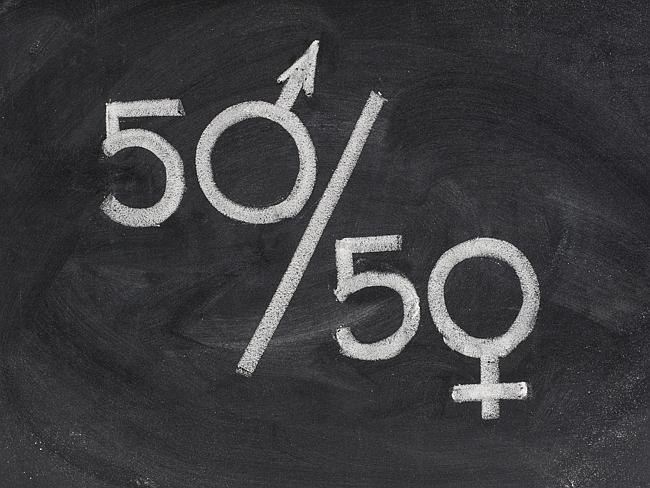Quotas and reservations have always been a controversial topic in India, leading to a lot of disagreement. Opponents of reservations usually argue that reservations are oppositional to the value of equal treatment of citizens by the law. However, we need to realise that equal treatment does not amount to social equality in real life. Simply put, in the absence of governmental interference, life is not an equal race to the top for everyone. In a highly stratified society equality of opportunity often in fact leads to the reproduction and deepening of inequalities.
Luckily there are many people who understand the value of quotas and those would like to extend them. A Ministry of Women And Child Development (WCD)-appointed panel has for example suggested a 50% reservation for women in all decision-making bodies. This High-Level Committee was formed two years ago and did an extensive study on the status and contemporary needs of women in India. The study resulted in a set of policy interventions, which included reservations in decision making bodies.


One of the major advantages of equal representation of women in decision-making bodies is that women’s issues are more likely to given required attention. This is not to say that women in powerful positions are more likely to be gender sensitive. Indira Gandhi, often cited as the ultimate example of female empowerment in India, has shied away from women’s empowerment issues more than any other Prime-Minister India has ever seen. But the reason for this is that Indira Gandhi had to operate in an environment that tries to keep feminism in its margins. Being a woman at the top, it was safer for her not to engage with women’s empowerment.
The lesson this teaches us is that we need to start our mission of increasing women’s political participation by normalizing roles of women as decision makers at all levels of society, including that of the family. A quota could do wonders in this.
We have already seen a quota system for the Gram Panchayats, the village leaders. 33 % of all positions are reserved for women, and some states have even increased this to half. Thanks to these systems, we have seen a much larger female representation at the village level. We should take inspiration from these successes and implement these best practices at the national level. The Women’s Reservation Bill or the 108th Amendment is currently under consideration in the Lok Sabha (lower house) of the Indian Parliament. If passed, there will be one third of seats in the Lok Sabha reserved for women as well as one third of seats in all state legislative assemblies. CSR has been a strong advocate for this bill and is even arguing for 50 % reservation.
Besides the recommendation for reservations, the committee also suggested a change in the definitions of ‘adultery’ under the Hindu Marriage Act. Basically, the committee wants do away with the clause that mandatory payment of maintenance to wife and children in the case of divorce can be cancelled if the woman was “unchaste”. The panel has also pushed extending succession rights for women under the Hindu Succession Act. Moreover it is in favor of reducing the prescribed age for seeking mutual consent for divorce from two years to one in the Christian law. Furthermore, there is a demand for a new law to battle ‘honor’ killings. Lastly, and maybe most importantly, the committee has also sought to categorize marital rape as an offence irrespective of the age of the wife and the relationship between the perpetrator and the victim. Read more about the recommendations here.
Looking forward to reading your blogs, you can mail us your entries at WriteWithUs@csrindia.org, or upload them at Write With Us.
Donation for Centre for Social Research to Join our effort in rehabilitating Domestic Violence
Discuss this article on Facebook




